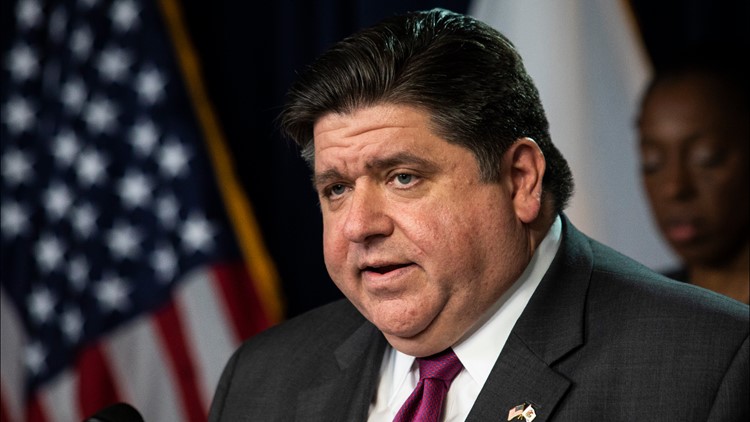SPRINGFIELD, Ill. — 2021 was a formative year for education standards across Illinois, from investment in facilities of higher education to changes in curriculum.
Many of the changes will take effect in future school years.
'Culturally Responsive Teaching' standards
The Joint Committee on Administrative Rules (JCAR) met on February 17 and allowed the Illinois State Board of Education to implement a new set of rules called "Culturally Responsive Teaching and Learning Standards".
Expected to take place in 2025, the new standards are reflective and gain a deeper understanding of themselves and how they impact others.
The aim is to lead to a more cohesive and productive student development relating to academic and social-emotional developments.
All courses taught in teaching programs will have the following changes, starting on October 1, 2021:
The standards include the following sections:
- Self-Awareness and Relationships to Others
- Systems of Oppression
- Students as Individuals
- Students as Co-Creators
- Leveraging Student Advocacy
- Family and Community Collaboration
- Content Selections in All Curricula
- Student Representation in the Learning Environment
These standards replace the following sections:
- Content Knowledge
- Human Development and Learning
- Diversity
- Planning for Instruction
- Learning Environment
- Instructional Delivery
- Communication
- Assessment
- Collaborative Relationships
- Reflection and Professional Growth
- Professional Conduct and Leadership
"Rebuild Illinois" plan invests in higher education
In early March, Governor Pritzker discussed the development of a student services building and adult education services building at the College of Lake County, using funds coming from the Rebuild Illinois Capital Plan.
"We must invest in our state's future," Pritzker said. He added the best way to grow the state was to "invest in young people."
Part of the Rebuild Illinois plan involves six-year investments across the state with a goal of creating 540,000 jobs in the process.
Asian American history taught in public schools
On July 9, 2021, Illinois passed an act requiring Asian American history to be taught in public schools.
The milestone made Illinois the first state in the country to make Asian American history a requirement in public school curriculum.
Titled as the "Teaching Equitable Asian American History Act", the new section of study in the Illinois School Code will take full effect during the 2022-23 academic year.
Below are the specific requirements that must be taught:
- The contributions of Asian Americans toward advancing civil rights from the 19th century onward
- The contributions made by individual Asian Americans in government, arts, humanities, and sciences
- The contributions of Asian American communities to the economic, cultural, social, and political development of the United States
$200 million investment in childcare workforce training
Pritzker announces on July 28, 2021 that the State of Illinois will invest $200 million in childcare workforce over a two-year span to help fund training and scholarships.
Nearly $120 million in federal funding will go towards financial support like scholarships to assist childcare workers earn their degrees.
"We are providing educational opportunity for 5,600 people to earn degrees that will advance their careers. And we are advancing our pandemic economic recovery," Pritzker said in a statement.
Learning opportunities for special needs students
A bill signed by Pritzker on July 28 expands learning opportunities for Illinois special needs students.
Previous law required special needs students to leave school on the day they turned 22-years-old.
The new bill allows students to continue attending school through the end of the academic year after turning 22.
“I strongly believe that a core principle of governance is ensuring that our laws are kind to the people they are meant to serve. And there’s nothing kind about taking a student with disabilities out of the classroom on October 16th, or January 5th, or April 19th, just because they turned another day older,” Pritzker said. “It doesn’t happen to general education students, and it shouldn’t happen to our students with special needs either.”
This will also allow special needs students who recently turned 22 and were impacted by the COVID-19 pandemic to continue academics through the 2021-2022 school year.



